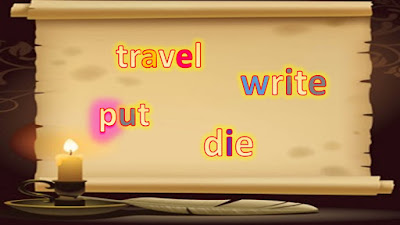Form, Meaning and Function
Tag Questions
We use tag questions to check information. We use an auxiliary verb and a subject personal pronoun. With an
affirmative sentence, use a negative tag. With a negative sentence, use an affirmative tag.
You will go to the bank, won’t you?
You won’t work this Saturday, will you?
There’s a cash machine on Main Street, isn’t there?
They are not going to go look for another job, are they?
They invested in the property market, didn’t they?
He didn’t get the job, did he?
It was the night shift you wanted, wasn’t it?
You are working today, aren’t you?
Polite Ways to Ask for Information with Can, Could and Would
Excuse me, can (could) you tell me where the bank is?
Can (Could) you tell me where the bank is?
Would you be able to tell me where the bank is?
Would you mind telling me where the bank is?
Polite Ways to Make Requests with Can, Could and Would
Q: Can you give me your credit card details, please? A: Certainly.
Q: Could you help me? A: Of course.
Q: Would you open the window, please? A: Sure.
Express Obligation: Must, Mustn’t, Have to
We use must, mustn’t and have to to express obligation in the present and the future.
You must stop at the ‘STOP’ sign. You have to slow down at this junction.
You mustn’t (must not) arrive late to work. You have to be at the office at 9 a.m.
Note: Mustn’t means you are not allowed to do something. There is no past tense of mustn’t. The past tense of must and have to is had to.
Express Necessity and Lack of Necessity: Have to, Need to, Needn’t, Don’t have to,
Don’t Need to
We use have to and need to to express necessity in the present, past and future. Use the negative form to express lack of necessity.
Q: What do you have (need) to do today?
A: I have (need) to finish a report for work but I don’t need to (needn’t) hand it in until tomorrow morning.
Q: What duties did you have (need) to perform in your last job?
A: I needed (had) to answer the phone and deal with customer complaints.
Q: What will we need to do before we leave for the conference in Abu Dhabi?
A: We will have (need) to book an airport taxi. We won’t have (need) to find a hotel. I’ve done
that already.







